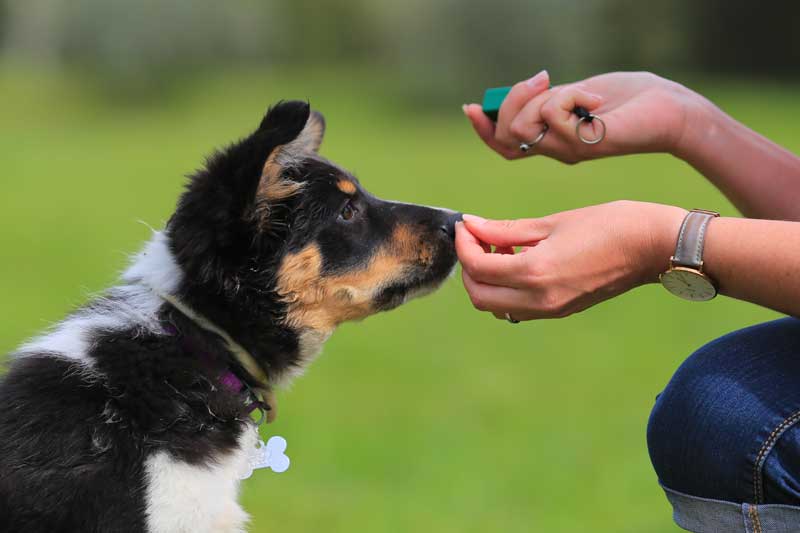Like humans dogs are very social creatures. In a wild state, they live as part of a pack that works as an effective hunting and puppy-rearing unit. Conflict is rare, and although much ritual posturing and communication goes on to ensure that all pack members understand the rules, pack living is harmonious.
Domestic dogs have evolved to be very different creatures from wild dogs or wolves. They live with us, in our homes, and in the process have monopolized our hearts, too. Yet under the surface of the cuddly exterior, some of the drives that keep a wild pack together remain. Dogs, like children, need boundaries and consistency.
They are unlikely to challenge rules that are always kept, but may become frustrated or confused if those rules are sometimes permitted to be broken. Dogs regard us as their “pack leaders” and it is sensible to start off in the way you intend to continue to ensure that your dog feels secure.
Dogs, do not denote rank structure or leadership by physical force or aggression. Instead, they use subtle signals that they recognize as indicators of rank. Many of these are very useful to us, and we can adapt them to the way we live to ensure that we communicate in a way the dog understands. Not all these social signals need to be enforced all the time, but many arc simply useful ways of ensuring that your dog maintains good manners.
Children and puppies can be best friends if basic ground rules about play and handling are established.
Canine social order is fairly basic. In simple terms, the higher your rank, the more rights and privileges you are afforded. By looking at these rights from the dog’s point of view, it is possible to see why some dogs learn to work the system and take advantage of their owners.
Give attention and lots of it when you decide, not when your dog does. Some dogs develop masterly strategies to ensure that their owner walks them, pets them, and feeds them when they choose, not the other way around. Ignoring attention-seeking can be quite difficult, particularly if you have a bright dog, but if you ever wonder why you can’t make a telephone call, why your visitors never seem to stay long, or why you can’t eat your meal in peace, maybe you should think about this.
Many people don’t mind if their dog sleeps on the bed or gets on the furniture, but think about this from the dog’s point of view. Being rewarded in this way day after day is wonderful, until the day a relative comes to stay or the dog’s paws are muddy. Suddenly it is not permitted to do these things and conflict can occur. If you are going to let your dog enjoy these home comforts, make ‘Sure you can move it with just one quiet command.
Toys are wonderful training tools but this works both ways. If you think that your dog is training you to throw the ball or play tug-o’-war whenever it asks, or if it walks off in the middle of a game to chew a toy alone, think about restructuring your games so you both benefit. Some dogs love to pit their strength against their owner when playing tug-o’-war. If yours is one of these, make sure you teach your dog to let go instantly with one quiet command.
Interested in joining our Puppy Pre-School classes?
Please contact our clinic on (08) 8370 3500 for more details on dog training classes to suit your needs.

